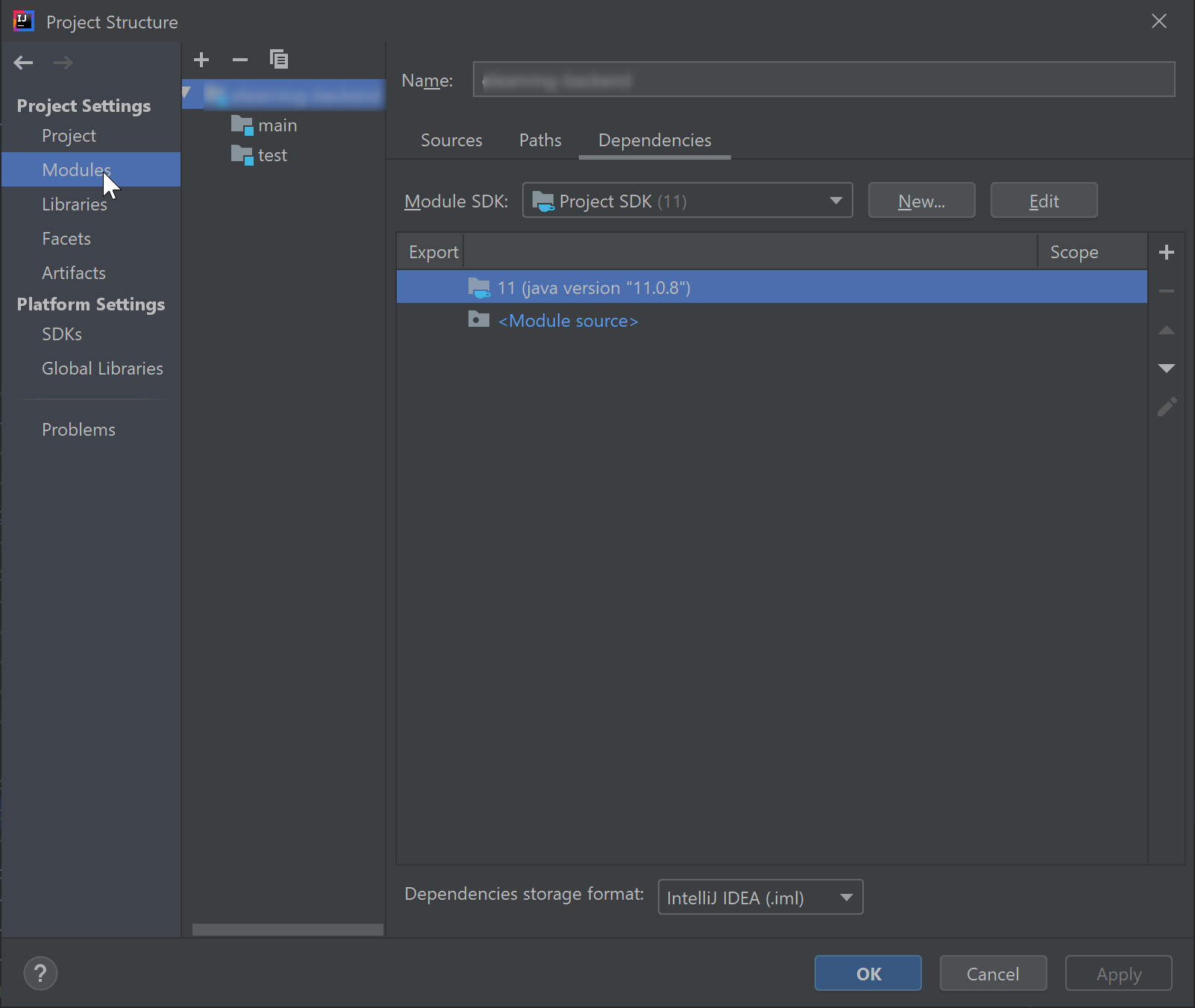I can't figure out to get this working.
Scenario:
- I have an application built with gradle
- The application uses JavaFX
What I want
- Use a variable (defined per developer machine) which points to an installation of a JDK which will be used for building the whole application / tests / ...
I thought about having the gradle.properties file, defining the variable. Something like
JAVA_HOME_FOR_MY_PROJECT=<path to my desired JDK>
What I don't want
- point
JAVA_HOMEto the desired JDK
I could live with many suggestions:
- a solution that defines a system environment variable which I'm able to check in my build.gradle script
- a variable defined in gradle.properties
- overriding the JAVA_HOME variable only for the build context (something like
use JAVA_HOME=<my special JDK path defined somewhere else defined>) - something else I didn't think about
Question:
- How to wire a variable (how ever defined, as variable in the
gradle.properties, system environment variable, ...) to the build process?
I have more than one JDK7 available and need to point to a special version (minimum JDK_u version).
Any answer is appreciated and I'm thankful for every hint to the right direction.







org.gradle.java.homein thegradle.propertiesfile? link – Sealeyorg.gradle.java.homesetting applies only to gradle daemon, apparently... At any rate, try setting fork to true and forkOptions.executable to the jdk you want to use: link – Sealey